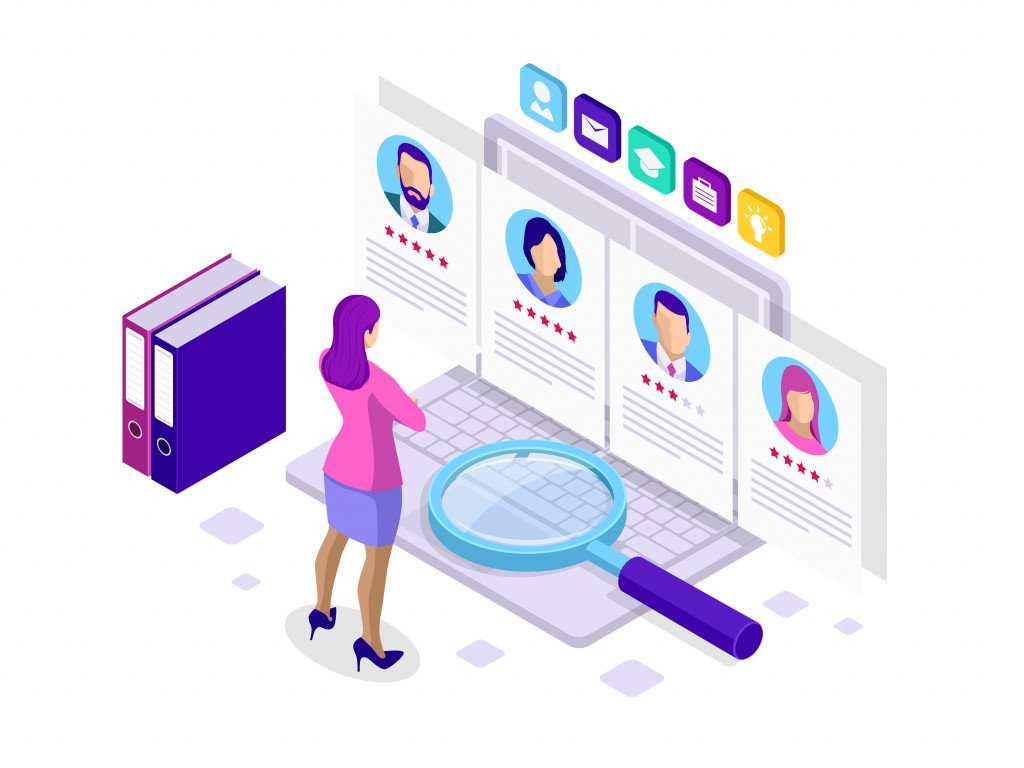The human resources department is responsible for various activities that aid a company in functioning smoothly and efficiently. It would aid business owners a great deal to understand how to grow and train their HR staff into being a support staff that has clear goals and a vision. This is not to say that HR is the most important department. It is simply that each department must be understood and refined to be its most effective for the organization to succeed.
In many ways, HR is the one department that cannot be outsourced. Every other department has the potential to be run independently and still be effective. Some companies have business models that rely exclusively on outsourcing key elements. They hire freelance workers. They have outside accounting firms and marketing companies; even the Lockheed Martin pension plan is managed by a different firm.
But the human resources department of a company must operate within the structure of the company. At its core, the mission of HR is simple, and developing an understanding of this mission will help your HR staff to carry out their work very well. The fact is, problems rarely occur among good staff. Internal disputes rarely happen if you have a good system for hiring hardworking and professional employees. Thus, concentrating on streamlining the way your HR department hires, trains, and develops staff can solve many problems before they occur. Thus, a human resources system must be developed to understand the role and teach staff how to conduct their practices.
Solve Recruitment Issues
HR is responsible for solving recruitment issues. A lack of cohesiveness in the workplace among individual employees and across departments signifies that people are being hired without identifying their compatibility for the role. It can also be a sign that too much competitiveness is being bred in the staff. This must be managed out to ensure they understand that they are a team and must cooperate and collaborate for the good of the company.
Streamline Hiring

HR needs to develop a system that efficiently transports newly hired employees through the onboarding and training process. These are separate processes but can be aligned so that they take the minimum amount of effective time to prepare employees for the rigors of the workplace. It might be helpful to send the HR department to a training on how to develop streamlined processes and then give them the support they need to establish one that works for your company. Then, put a few existing employees through this process to test it and ensure that it is helpful and effective.
Performance Management
HR should handle performance management and evaluation communication with staff than for direct managers or supervisors. Direct managers and supervisors work with the staff and have a more personal aspect of their professional relationships. But, HR will not have this factor in their interactions with staff.
This means that HR can receive employee evaluations, discuss the results with the employees, suggest improvement plans, and give out reward schemes without creating any personal enmity or suggestion of favoritism.
Leaves, Holidays, and Personal Time
This is hard as employees are not machines, and having a one-stop answer for all leave requests is not compassionate. This is why it is important that HR practices a more humane approach to approving and refusing leaves, holidays, and personal time requests.
Happy employees are best for a company, and refusing leave to someone struggling with an illness, the death of a loved one, or a sick child, is the best way to chip away at their dedication and loyalty to the company. HR must learn how to administer this aspect of people management to put compassion ahead of productivity goals. Goalposts can be moved, and if HR is confident in the people they have hired, they will have no worries in knowing that the employee would not request the time off frivolously.
If HR claims confidence in the staff but treats their requests for time off suspiciously, it might be time to send the HR department to sensitivity training. Regular training keeps employees sharp and effective, and HR staff can benefit from this as well.
At the end of the day, employees will leave. Whether they cannot integrate into the work culture or find another company that can pay them better for their work, no company retains all their employees indefinitely. HR must handle this process efficiently and compassionately because the remaining employees will be watching. Simplify the exit process as much as possible. Ensure that the forms that need filling and the exit interview happen before the employee’s last date.
Be open to criticism and accept that no matter how wonderful an office environment your staff attempted to create, that is, if possible, for employees’ daily experiences to differ from your projected expectations. In listening to the actual lived experiences, HR will learn how to improve the office culture to prevent further staff losses.
Hiring and training new staff costs much more than retaining existing staff. So it is in HR’s best interest to ensure that they are consistently improving and refining the company culture so that employees remain happy and fulfilled.